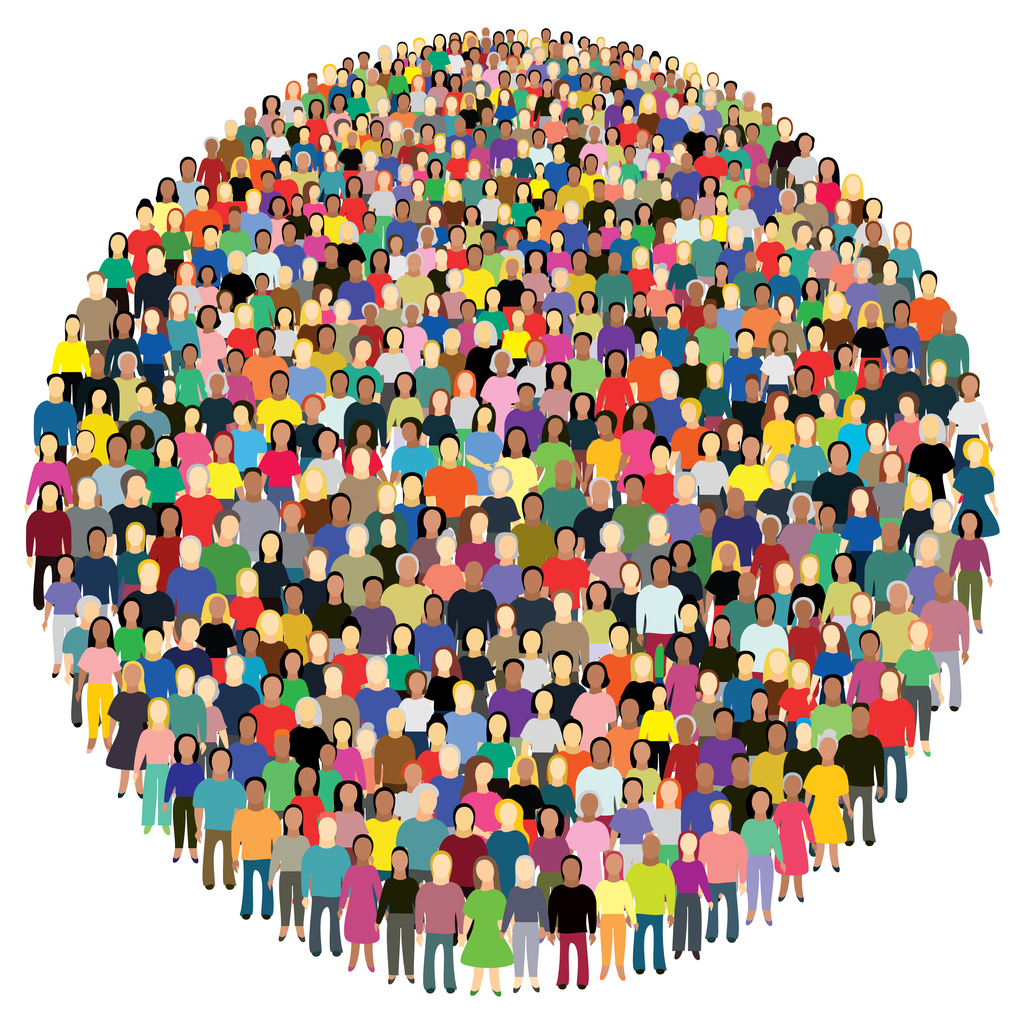In the centuries of enslavement in Egypt, the Israelites lost so much, not merely by way of freedom and opportunity but also in terms of identity. A sense of shared oppression supplanted some of the positive aspects of how they lived. Yet as we enter the Book of Numbers this week – with the eponymous Torah portion, Bamidbar in Hebrew – we learn that the Egyptians could never fully erase the Israelites’ sense of heritage and pride in ancestry.
The Torah portion explores the process of creating a census for the Israelites, ostensibly to determine their military strength before entering the Promised Land. But the level of detail that it provides – “by the clans of its ancestral houses, listing the names, every male, head by head” (Numbers 1:2) – indicates a deeper need to reaffirm identity and belonging for a people long discouraged from being anything other than enslaved.
Among my favorite commentaries on this affirmation comes from the Tur, the 13th Century Spanish intellectual giant: The Torah records the Israelites’ ancestral houses and tribal identities “to show that they did not change their names in Egypt.” That is why they are included in the census in the Book of Numbers.
The Egyptians could keep the Israelites from practicing their traditions. They could attempt to limit the Israelite population through infanticide. They could embitter and oppress the Israelites. But through it all, the Israelites retained a sense of belonging more enduring than their suffering in Egypt.
As we know from our ancestors (beginning with the name changes of Abraham and Sarah upon entering covenant with God), names bear great significance in the Torah. They are linked to relationship, covenant, and belonging. They reflect outwardly who we are as people.
Many American Jews – and the many who live alongside us through love or friendship – can relate to the notion of belonging and of one’s ancestral house. We might have changed our names out of fear, necessity, or even just the whimsy of the officials processing new immigrants. But many of us still know about our ancestral houses – of our landsmen whose families came from similar parts of Eastern Europe and those who fled or survived the Holocaust; refugees from Persia and Syria, and immigrants who came from Latin America for greater opportunity. We are Jews by choice and those by birth – and Jewishly adjacent, as well.
Of great beauty in America today (and, one hopes or projects fancifully about the time of the Torah), these ancestral houses typically create the basis for connection and interaction rather than fracture and division. Even as we have acculturated and adapted to life in America, we know who we are and where, at least metaphorically, we come from.
While we need not count ourselves in a formal census of American Jews (another worthy topic that Rabbi Brad Hirschfield has explored), we can savor the blessing of identities that cannot easily be erased by immigration, acculturation – or even oppression in Egypt.

Joshua Stanton is Rabbi of East End Temple in Manhattan and the Director of Leadership Formation at CLAL – The National Jewish Center for Learning and Leadership. He serves on the Board of Governors of the International Jewish Committee for Interreligious Consultations, which liaises on behalf of Jewish communities worldwide with the Vatican and other international religious bodies.

